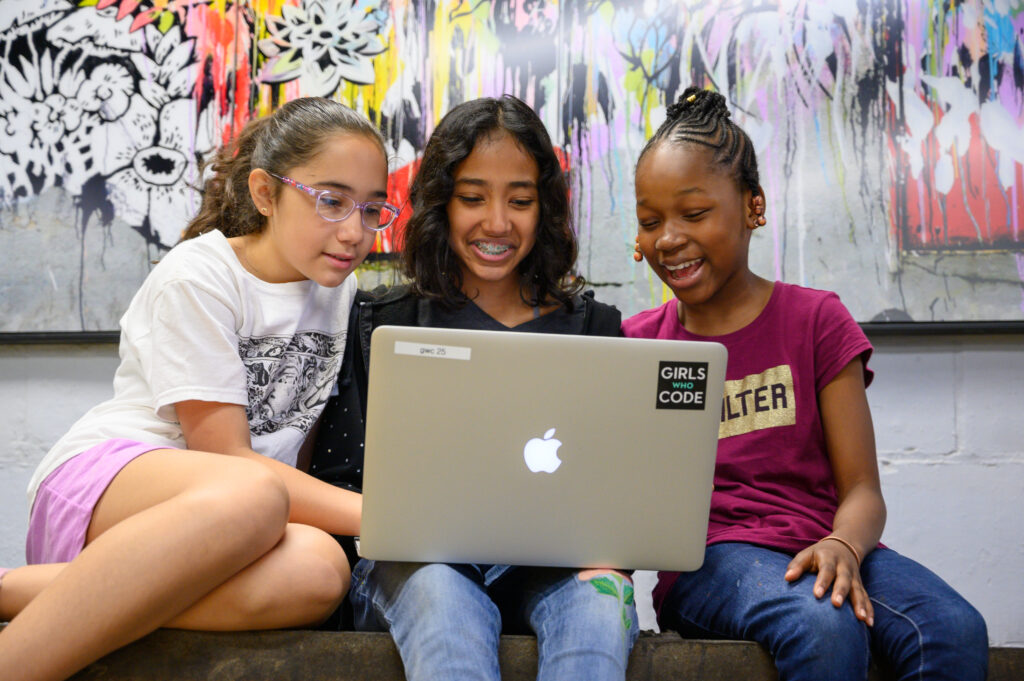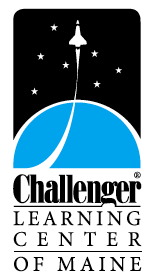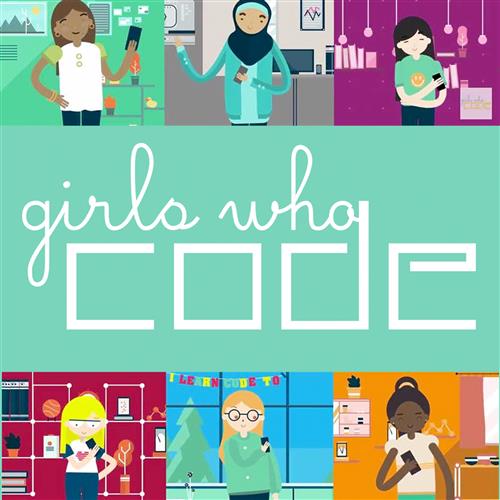
Upcoming Girls Who Code Club Offerings
Challenger Maine and The Bangor Public Library are excited to announce two free Girls Who Code after school offerings for any student in grades 3-5! These clubs will be led by Challenger staff and take place at the Bangor Public Library
Girls Who Code: Intro to Coding Club
Meets Thursdays 3:45-4:45 in the BPL Computer Lab
Session Dates: December 5th, 12th, 19th, January 2nd, 9th, 16th (snow date January 23)
Max registration number: 12 students
Introductory club open to coders of any level in grades 3-5. The content of this club will be entirely beginner friendly -youth with no coding experience encouraged to join! Participants will utilize Girls Who Code curriculum alongside Scratch programming to gain an understanding of what coding is, gain confidence in their ability to code, and learn how to turn a passion for coding into a career! Spots are limited so please ensure you will be able to attend the majority of, if not all, session dates prior to enrolling.
Please sign in or make an account, then navigate to “Challenger Programs 2025” then select “Girls Who Code: Intro to Coding Club”
Girls Who Code: A Continuation in Coding
Meets Thursdays 3:45-4:45 in the BPL Computer Lab
Session Dates: January 30th, February 6th, 13th, 27th, March 6th, 13th (snow date March 20th)
Max registration number: 12 students
Intermediate level club open to coders with previous experience in grades 3-5. The content of this club will build on introductory skills and is advised for youth that either participated in the Intro to Coding Club running Dec 5th- Jan 16th, or who have participated in a Girls Who Code/Scratch programming Club previously. Club members should be familiar with the Scratch coding interface. Participants will utilize Girls Who Code curriculum alongside Scratch programming to use coding to increase their coding language skills, continue to build confidence in their ability to code, and learn how to turn a passion for coding into a career! This club will offer support around guiding students to create an independent final project. Spots are limited so please ensure you will be able to attend the majority of, if not all, session dates prior to enrolling.
Please sign in or make an account, then navigate to “Challenger Programs 2025” then select “Girls Who Code: A Continuation in Coding”
FAQ for our Girls Who Code Clubs:
Who can join these clubs?
These clubs are intended for students currently in grades 3-5. These clubs are intended to inspire any female, female identifying, or non-binary students to find a place in coding. Any student of any gender identity is welcome.
Per Girls Who Code: “Our girls-first programming explores computer science through the unique experiences of women, girls, and non-binary individuals to break down social stereotypes and barriers, promote gender equality, and encourage all young people to see themselves as capable leaders and innovators in any field they choose to pursue. Girls Who Code takes a gender-specific approach to our programming. This means that our programming keeps the focus on girls and considers the biases that might impact their experience. GWC delivers this by providing girls with safe, girls-focused spaces and centering curriculum on women in tech so that girls can imagine themselves in computing roles. Any member–regardless of gender identity–who wishes to support our mission is encouraged to join the Sisterhood!”
What is the cost?
These clubs are free to all participants
What materials will I need?
Participants will use Bangor Public Library provided devices during the club, though are welcome to log in and continue the fun from their own devices at home. Students will also be engaging with the following books in club but are not required to purchase them unless they are interested in using a copy outside of club.
Learn to Code and Change the World – Reshma Saujani
The Friendship Code – Stacia Deutsch
What will the club look like?
Participants will be working through the Girls Who Code curriculum which involves both a fiction and nonfiction and both “plugged” and “unplugged” activities to help teach students programming. Plugged activities will involve using scratch programming to create games, animated stories, art, music, and more. Unplugged activities are screen free activities that help solidify the importance of the skills they are learning as well as team build.

